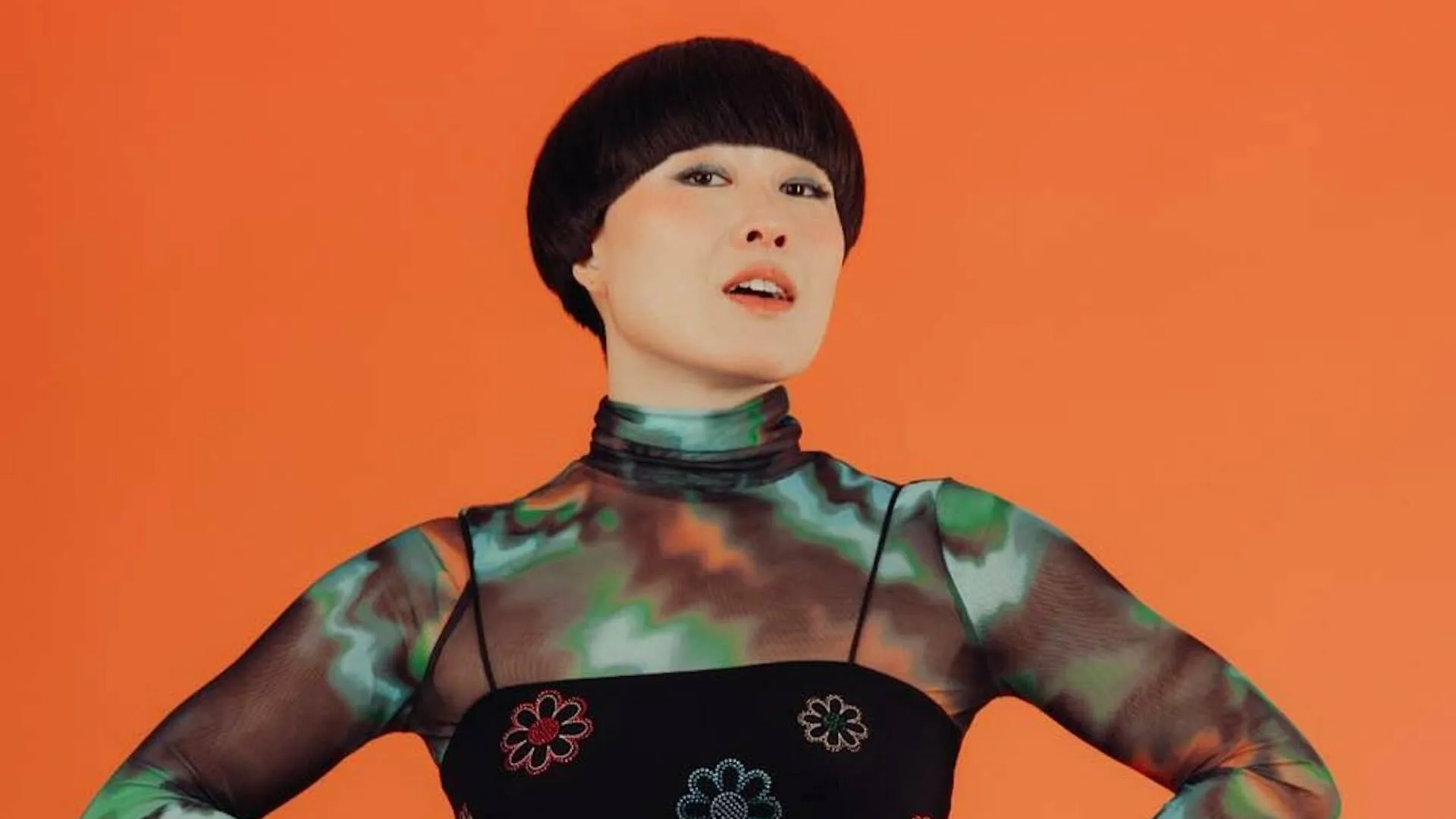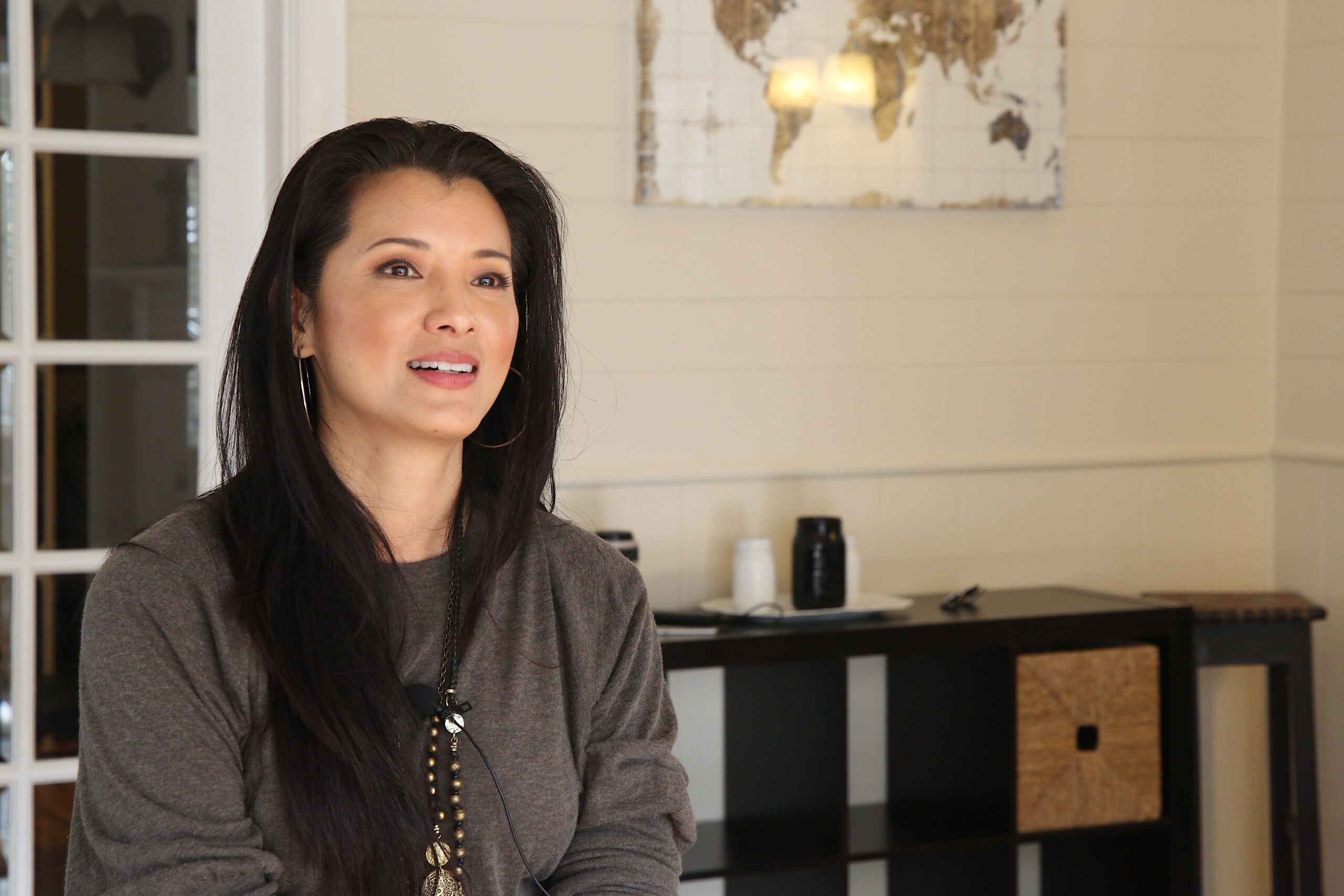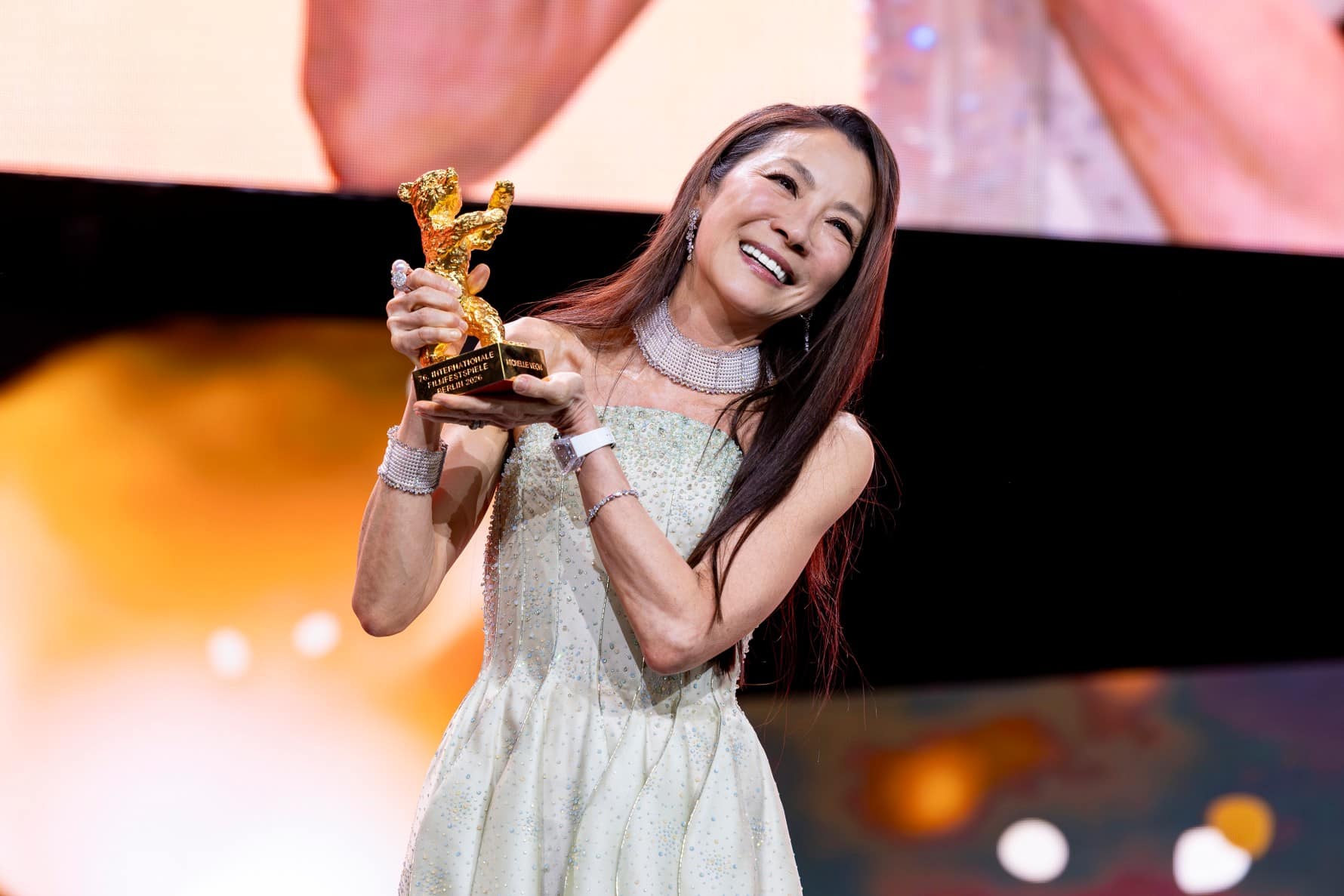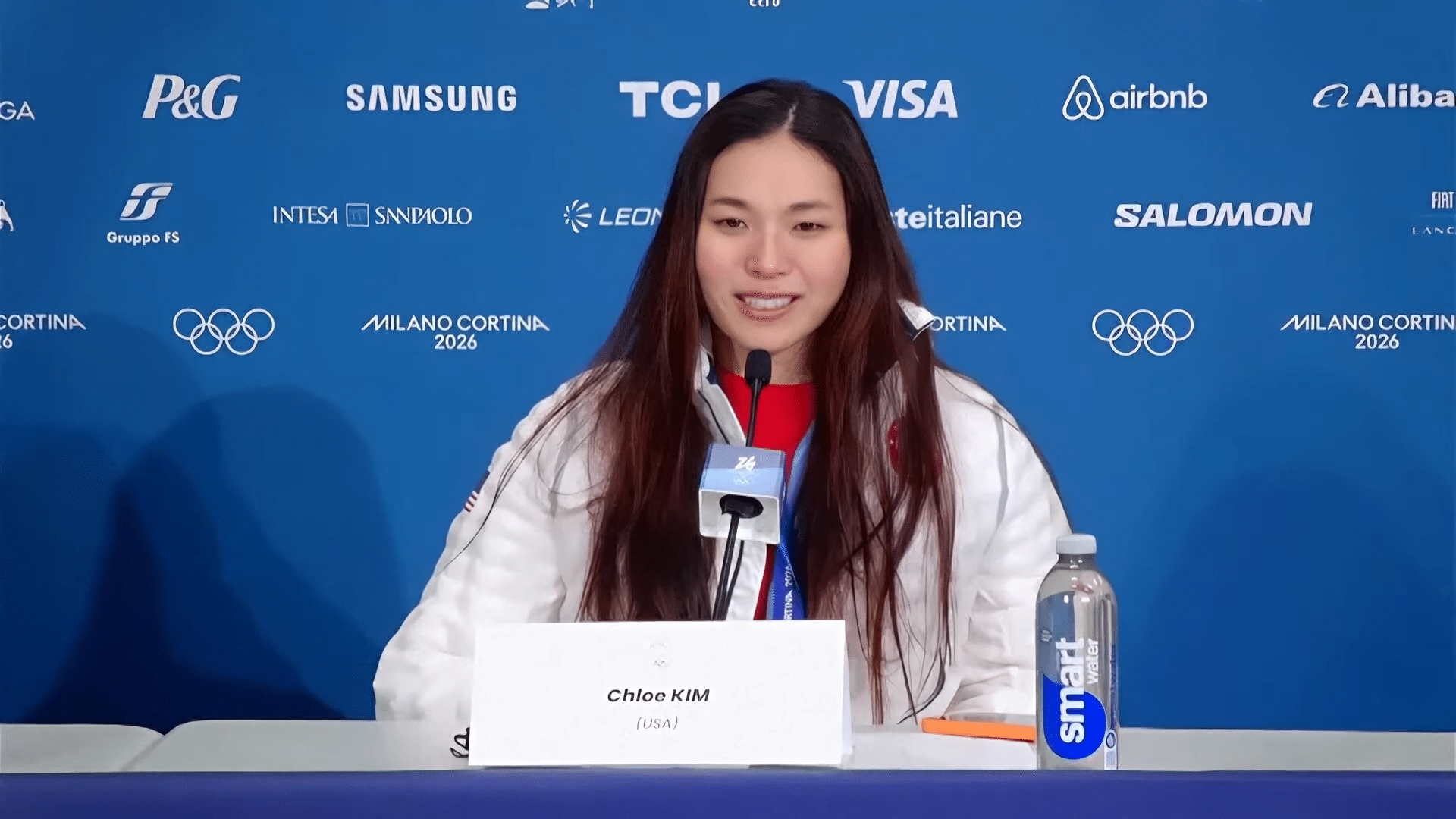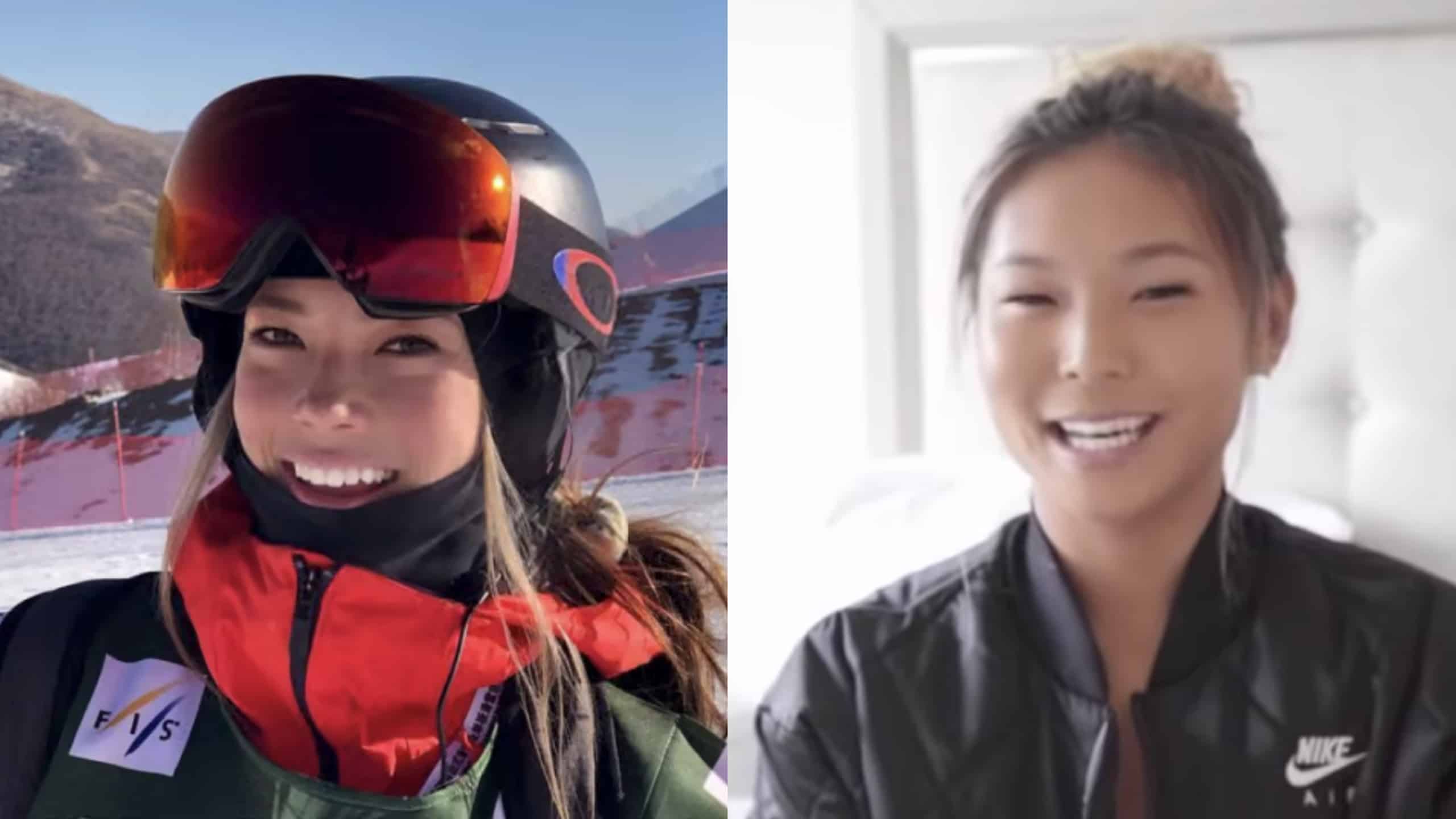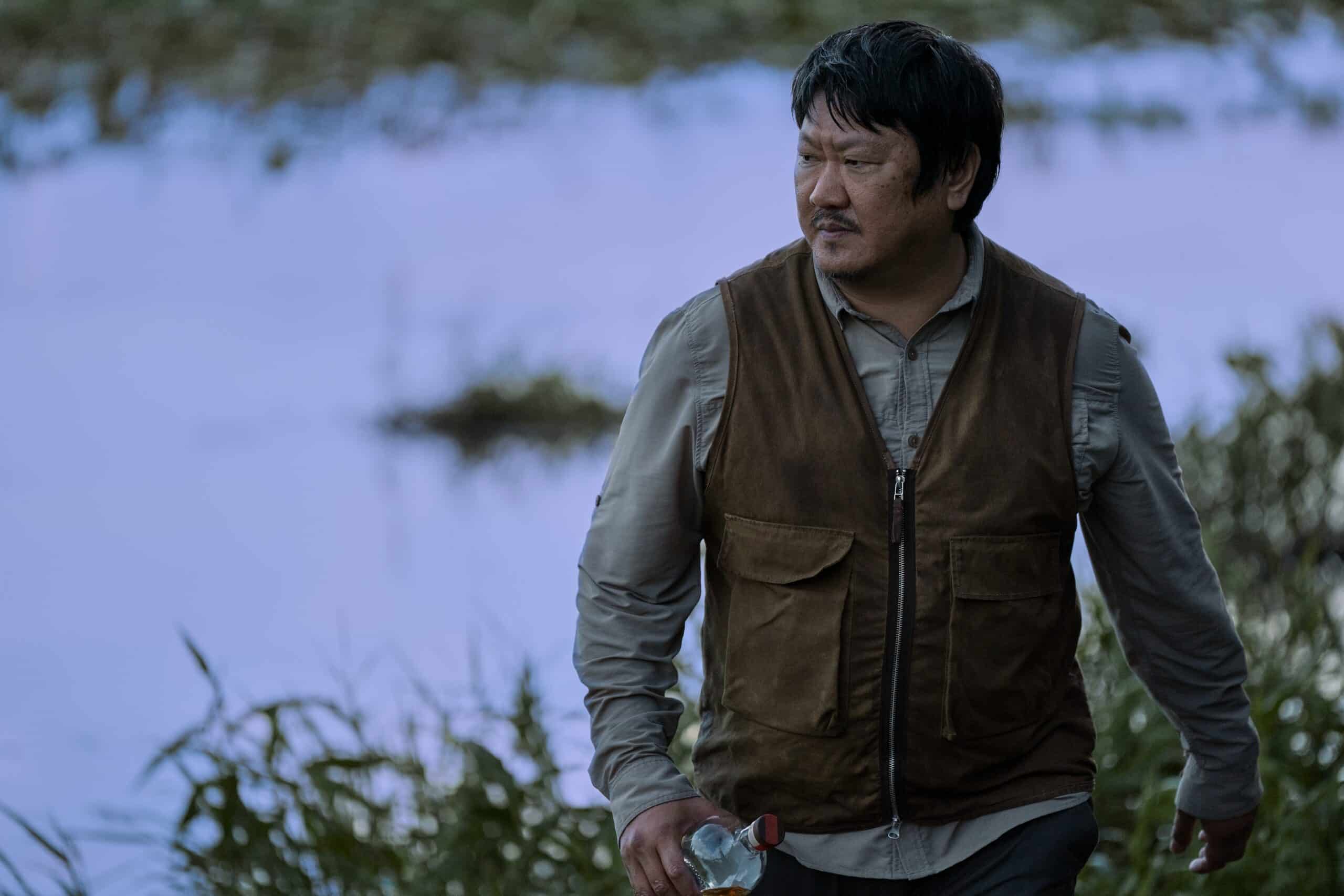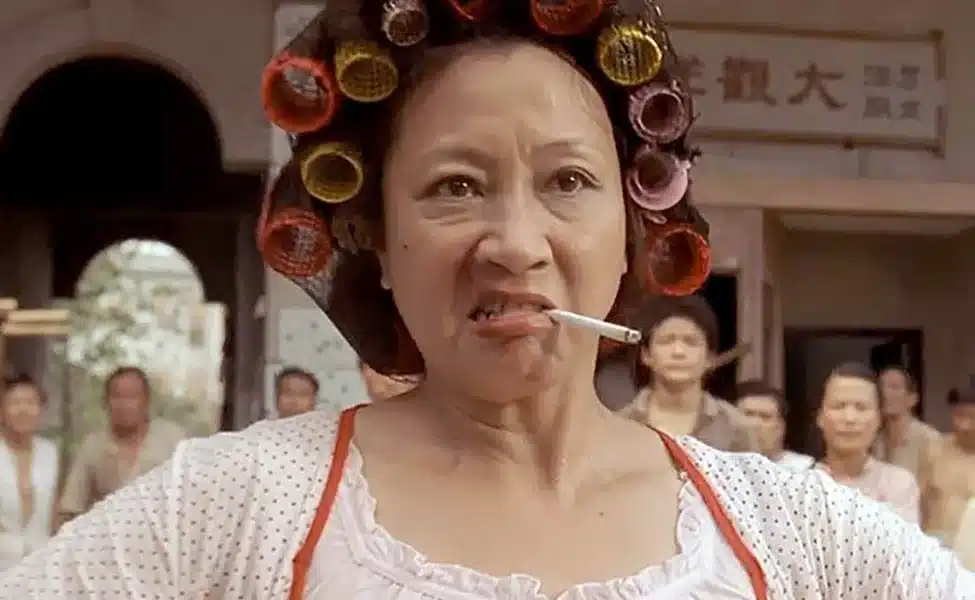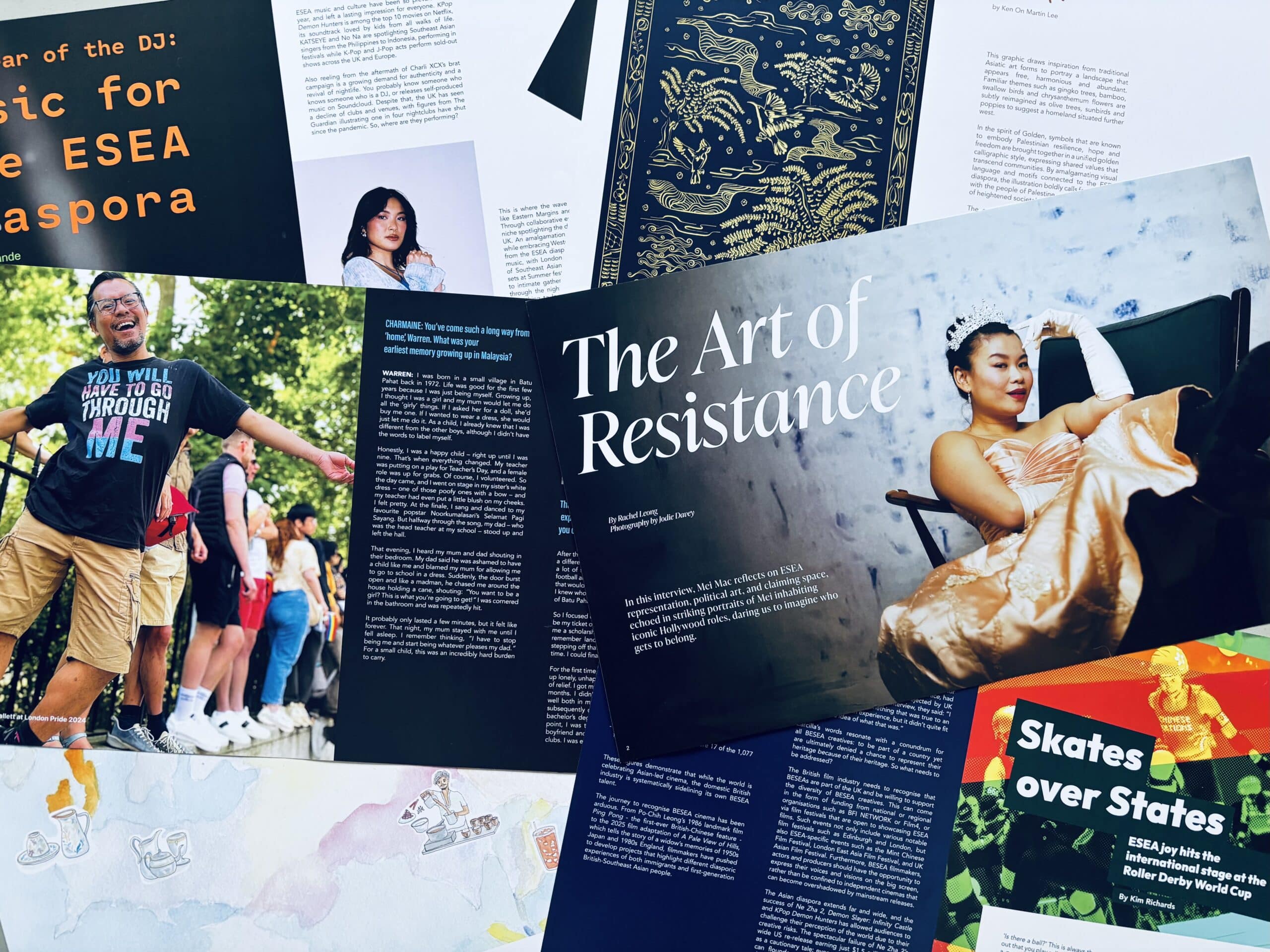The inaugural Riyadh Comedy Festival, sponsored by Saudi Arabia’s state entertainment authority, has quickly become a flashpoint in the comedy world, raising difficult questions about artistic freedom and state funding. Atsuko Okatsuka, a comedian and writer, has amplified these concerns by publicly revealing the restrictive terms she was offered to perform at the event.
Okatsuka took to Threads to detail why she turned down the gig over the summer. She revealed that accepting the offer would have required her to “adhere to censorship rules” regarding the content of her set.
The Contractual Limits of Humor
Okatsuka posted screenshots of the alleged contract, which stipulated strict “Content Restrictions.” These terms explicitly forbid the artist from preparing or performing any material that might be considered to “degrade, defame, or bring into public disrepute, contempt, scandal, embarrassment, or ridicule” three specific categories: the Kingdom of Saudi Arabia, including its leadership and royal family; the Saudi legal system or government; and any religion or religious practice.
Okatsuka linked the source of the money directly to human rights abuses. “The money is coming straight from the Crown Prince, who actively executes journalists, ppl with nonlethal drug offenses, bloggers, etc without due process,” she wrote, noting the painful irony. She also pointed out that “a lot of the ‘you can’t say anything anymore!’ comedians are doing the festival. They had to adhere to censorship rules about the types of jokes they can make.”
FYI there are more of us that said no to the Riyadh comedy festival in Saudi Arabia. Here’s the offer I got back in July pic.twitter.com/wc4iOIfrhv
— Atsuko Okatsuka (@AtsukoComedy) September 26, 2025
A Comedic Reckoning
Okatsuka’s decision has been mirrored by other comedians. Leslie Liao commented on Okatsuka’s post, confirming her own refusal: “I said no too. You inspired me (I got the offer after we talked about it). You were right.” Mike Birbiglia also passed on the opportunity, writing, “I also passed. Respect to Atsuko and Shane [Gillis] and others for passing.”
Shane Gillis, too, revealed on his Secret Podcast that he turned down a “significant bag” for an appearance, explaining his stance in simple terms: “I took a principled stand. You don’t 9/11 your friends.”
The festival’s financial backing from Saudi officials, along with their roles in the 2018 assassination of journalist Jamal Khashoggi, has been widely criticized.
Read more: Lucy Liu to Star in Peacock Crime Drama ‘Superfakes’
Human Rights Watch researcher Joey Shea explained the state’s motivation to CBS News: “The Saudi government has invested billions into high profile entertainment events like these in a deliberate effort to whitewash the country’s human rights record and deflect from the egregious abuses that continue to happen inside of the country.”
Shea added, “These investments are a part of the broader strategy to… have people thinking about a comedy event, for example, rather than the soaring number of executions that are happening inside of the country.”
The Riyadh Comedy Festival, which includes major names like Dave Chappelle, Kevin Hart, Bill Burr, Bobby Lee and Pete Davidson, continues to be a lightning rod for criticism, forcing a difficult public discussion on where the line between commerce and conscience is drawn in contemporary comedy.

